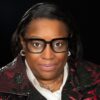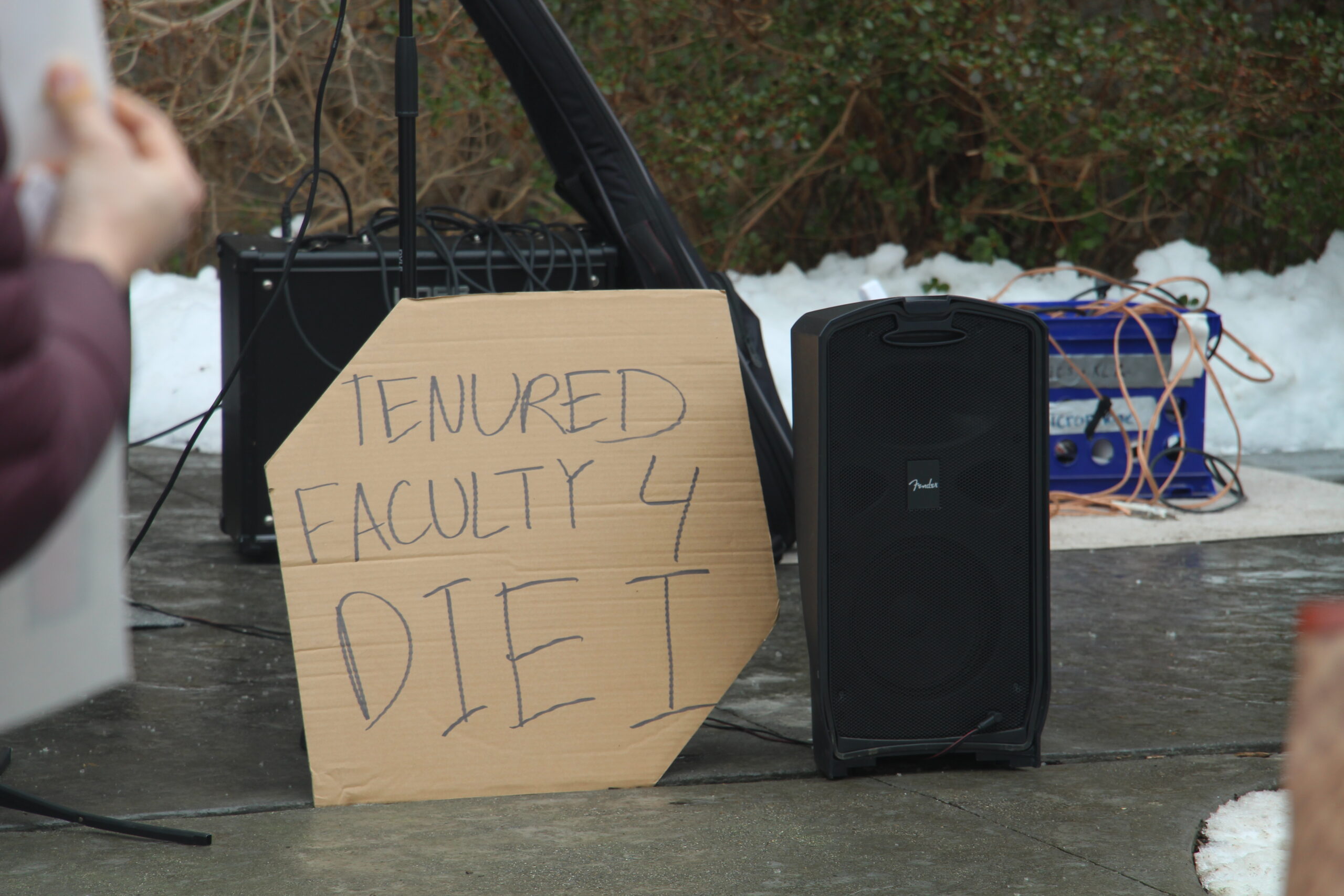“It’s times like these when I really think I have the best job in the world,” stated Professor Charles Hartman as he broke the silence of a semester on sabbatical to introduce the event: a reading of selected original works by the student poets of the Connecticut Poetry Circuit. The reading marked the fourth stop of the Circuit’s nine stop tour, bringing five student poets to select Connecticut schools. This past Tuesday, there were only four (absent was Anna Renken, from Yale University).
With excitement, Hartman spoke of the value of readings as doorways into the ever-changing nature of the craft. As the College’s poet-in-residence and a professor here since 1984, Hartman framed the reading by considering how we might ‘gauge’ the current tenor of poetry at the college level. The suggestion laid a warm groundwork for the recitations to come; from a theoretical perspective, whatever ensued would be valuable exposure to the nature of poetry as it is engaged today.
Yet, it would have been hard to leave the Chu Room with a single impression of the art form. The student poets noticeably ‘used’ the poetic medium in vastly different ways. Certain poems were defined by captivating attention to detail, while others found a clear philosophical footing. Still, others presented distilled meditations on personal experience.
Following an introduction by our own Julia Burgdorff ’14, poet James Ciano took to the podium. A senior from Trinity College, James’ poetry drew largely from life in upstate New York. His first poem, “Boy Dies Falling Down Well”, a title hatched from a newspaper clipping, he explained, before then continuing with four more. As a poet, his style was impactful and direct, giving a reading that very passively encouraged his audience to follow tangential interpretations of his lines. He concluded his second poem, “Radii” with the thought, “After all, what more is a circle than a line that loves itself?”
Next came Laura Ahking from the University of Hartford. “Today I will read poems that explore memory’s ability to become a sense,” she pronounced, precluding the clearly philosophical nature of the poems to come. Traveling from the vivid image of a wet matchbook to ruminations on the ephemeral nature of matter, Ahking’s inclinations towards metaphysics were infused by a slow paced and thoughtful style.
The direction of the reading took a thematic turn with the third and penultimate reading. Tori Sheldon, from Albertus Magnus, explained how her poetic journey had been an investigation into imagination and detail. Ironically, the combination delivered an experience that felt cinematic and real. It was easy to engage with Sheldon’s characters as they were very softly delivered to hang thick in the air of the Chu room. The dreamy nature of her poetry was not incongruous with her long-term goals in life: to retire in Arizona with a telescope.
Fourth and finally came Burgdorff, whose poetry I was familiar with from a shared writing seminar (with Hartman, of course). The quality of her reading instantly invalidated any need for her immediate apology for her voice being burdened by a cold. Her first poem, “Midnight in New Hampshire”, drew from macroscopic language and rich juxtapositions of individual and nature. Burgdorff wasted no time in sketching a vivid landscape filled by the regal height of evergreens: “Like kings filled with blackbirds”. Her last poem hummed with intensity as it imagined inhabiting the form of a deity. “Like a god/ A falcon without/ a falconer I move and dwell in days/ like a god”. All too soon, Julia’s lyrical recitation concluded what had developed into a dynamic immersion into student poetry •










You misspelled the last name of the poet from University of Hartford.
She is Laura Ahking, not Laura Hawking.
Fixed! Thank you, Paula.